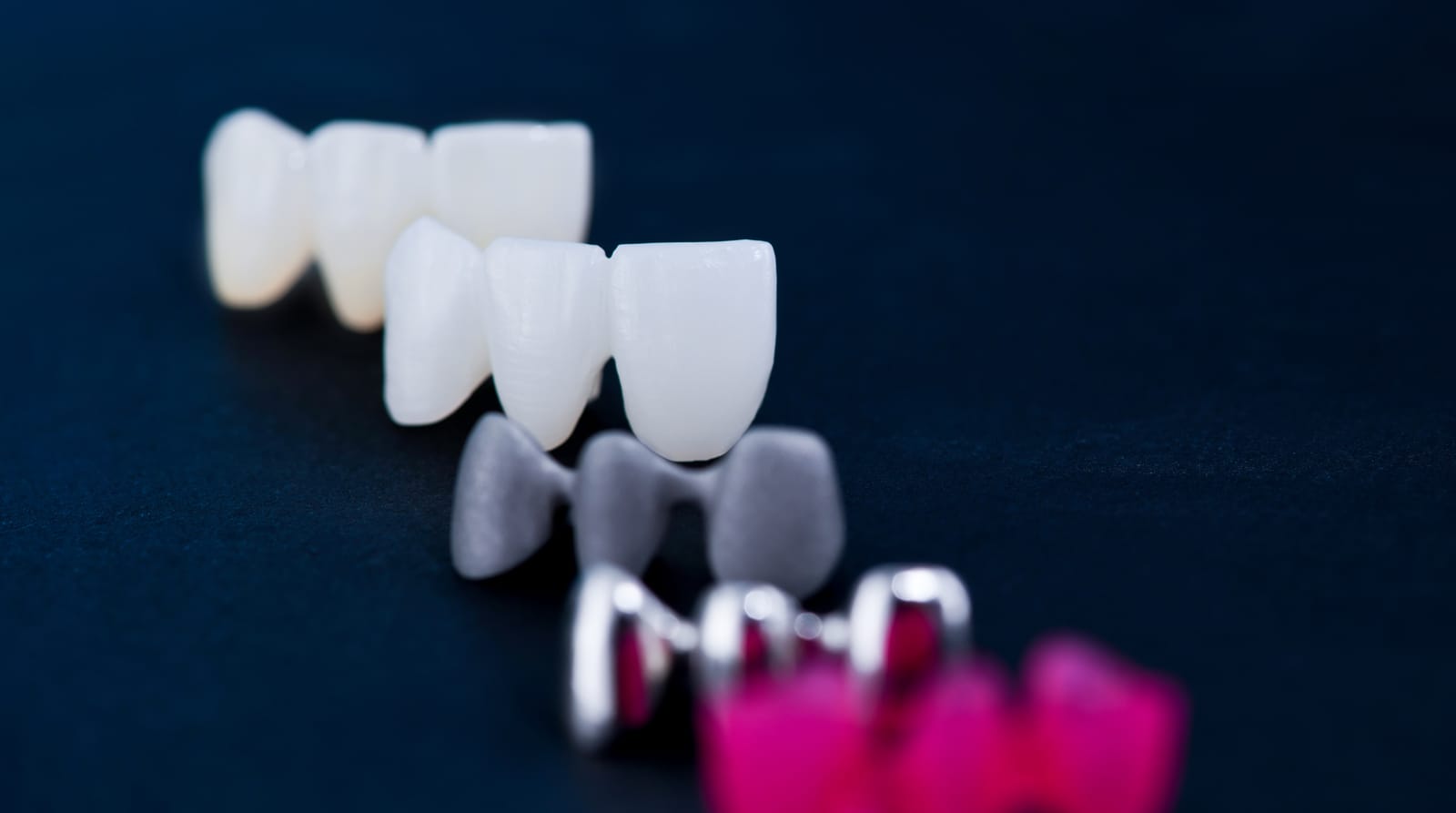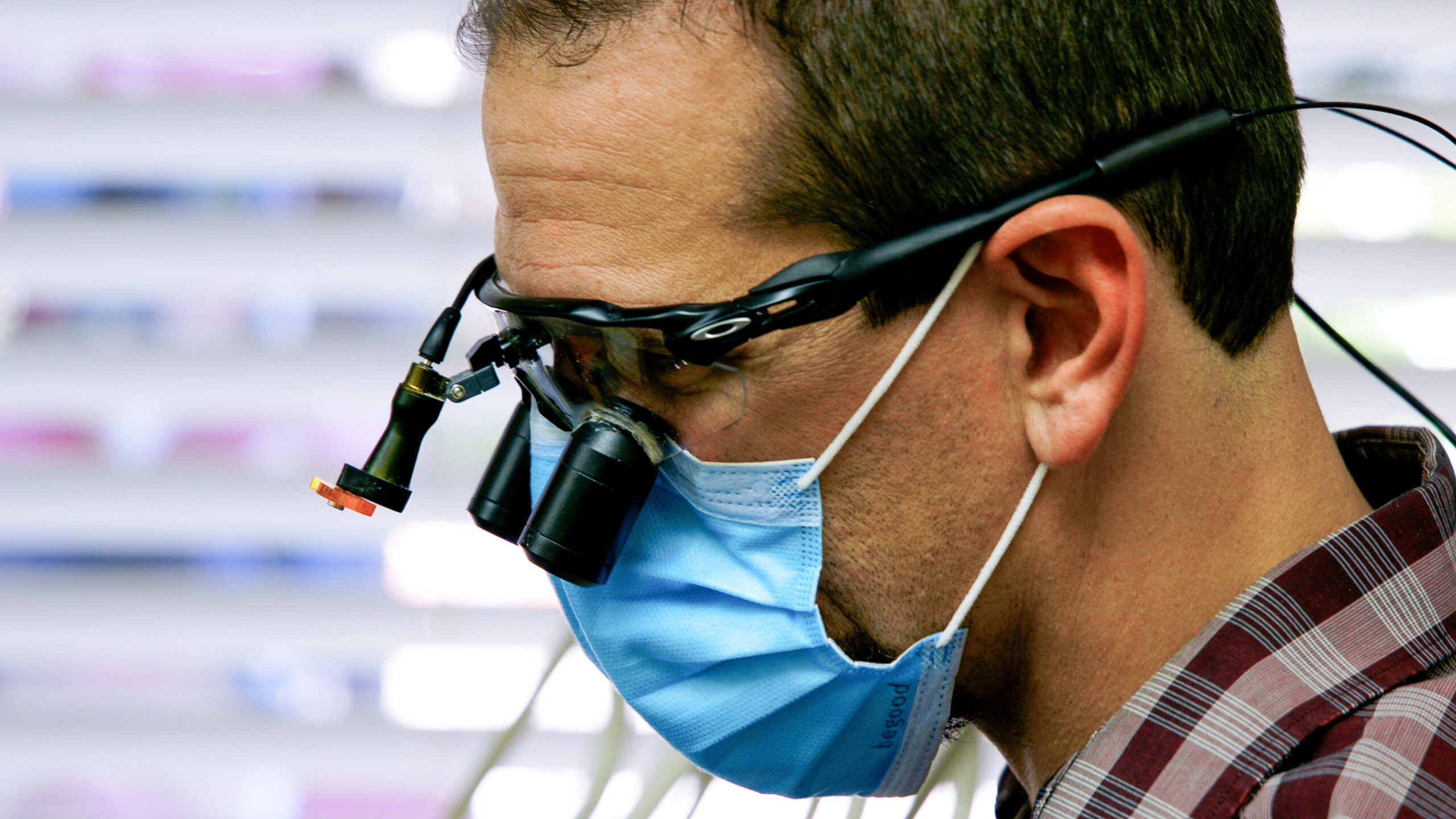Looking For A Gift For A Dentist? 10 Thoughtful Ideas They’ll Actually Use
Finding the perfect gift for a dentist can feel like a challenge. You're looking for something thoughtful that goes beyond the usual coffee mug or pen set. At St. George Dental Care, we understand what makes a dentist’s day. A great gift is often one that is practical, stylish, or simply helps them relax after…


